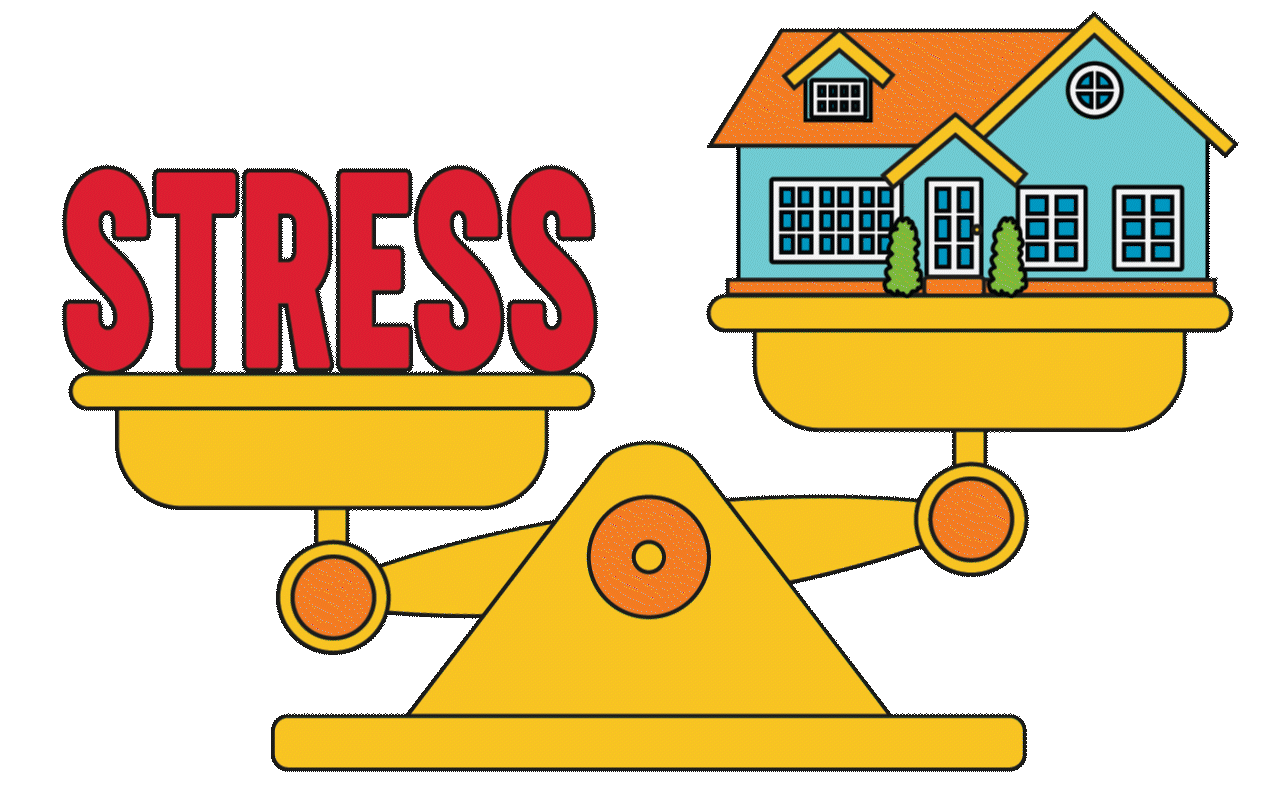
Measuring your level of stress can be difficult. Many of us believe we have a high threshold to the influences that cause stress and don’t even know we are actually stressed until your body reacts physically with symptoms such as fatigue, stomach pain, headaches or increased heart rate and sweating.
Stress can seep into our lives making it harder to be present and engaged with your family and friends, even co-workers. If your stress levels are high you are often not completely available or present, even irritable at times. This not only impacts you, but it directly impacts your interactions with others. Acknowledging and knowing you are stressed are the first steps to improving your quality of life when managing stress.
Here’s a look at how stress can disrupt balance and health and some valuable tips to help keep things balanced.
1. Emotional Connection and Availability
- When we’re overwhelmed, it’s easy to feel too drained to fully connect with others. Stress can make us feel closed off, making those small, meaningful interactions more challenging. Over time, this distance can create misunderstandings, and feelings of being disconnected, causing loneliness that potentially impacts everyone.
- Tip: Even setting aside a few minutes daily to reconnect can make a world of difference. This could be as simple as sharing a meal, going on a walk with friends, talking about each other’s day with your spouse, or having a cozy bedtime story with your kids.
2. Increased Tension and Quick Tempers
- Stress can make us irritable, and small issues can suddenly feel bigger than they are. When stress builds, our patience thins, and conflicts may pop up more frequently. Kids especially feel the effects, as they’re very attuned to tension in the home.
- Tip: Try a quick stress-relief technique, like taking a few deep breaths or stepping outside briefly, when things feel tense. Practicing these techniques can help everyone around you handle conflicts a little more smoothly.
3. Health Impacts Activities with Friends and Family
- Stress affects our physical health too, leading to fatigue, headaches, or even trouble sleeping. This can make us feel less motivated to join in activities, whether it’s a walk in the park or just relaxing together. When one person’s energy is down, it can sometimes affect everyone’s ability to stay connected and active.
- Many people carry stress in their stomachs. Stress can trigger a “fight-or-flight” response, which releases hormones like cortisol and adrenaline that impact digestion and appetite.
- Tip: Practicing stress management techniques—such as deep breathing, mindful eating, or regular physical activity—can help reduce stress-related stomach issues and support a healthier digestive system.
4. Parenting Under Pressure
- When we’re stressed, we may unknowingly show behaviors our kids pick up on—like snapping or withdrawing. Children are quick to mimic what they see, so if they observe stressed reactions, they may adopt similar coping methods.
- Tip: Use stress as a teaching moment by talking openly about healthy ways to handle challenges. It shows kids that feeling overwhelmed is okay, and there are good ways to manage it.
5. Being a Caregiver Can Be Stressful:
- Caregivers often juggle caregiving with other responsibilities, like work, family, and personal health. This balancing act can leave little time for self-care, creating a feeling of being overwhelmed.
- Tips: Seek Support: Don’t hesitate to reach out to family members, friends, or caregiving support groups. Talking to others who understand caregiving can provide emotional relief and valuable tips.
Practice Self-Care: Set aside time for activities that relax and recharge you, whether it’s reading, exercise, or a hobby. Even short breaks throughout the day can make a difference.
Consider Counseling: If stress feels overwhelming, counseling can provide coping strategies and emotional support. Many therapists specialize in caregiver stress and can offer tools to manage it effectively.
5. Struggling with Work-Life Balance
- Work stress can easily spill over into home life, blurring boundaries between “work mode” and “family time.” When this happens, family members may feel overlooked, as work starts to take center stage even during downtime.
- Tip: Try setting specific “unplugged” times dedicated to family. Putting work aside—even briefly—helps everyone feel more connected and valued.
6. Mental Health and Family Harmony
- Stress can lead to mental health struggles like anxiety and low mood, which can affect communication and problem-solving abilities at home. When one person is struggling, it’s often felt by everyone. That’s why a family environment that supports mental well-being is essential.
- Tip: Regular check-ins with each family member can help catch stress early. Keeping communication open and supporting one another goes a long way, and outside support, like counseling, can be invaluable if needed.
Stress is something we all encounter, but learning to manage it well is key to a happy, balanced life. By focusing on small, daily practices—like check-ins (self, family and friends), shared activities, and clear boundaries—you can create a supportive, resilient lifestyle that helps everyone thrive. A little effort toward reducing stress can go a long way toward making life smoother and more joyful.
